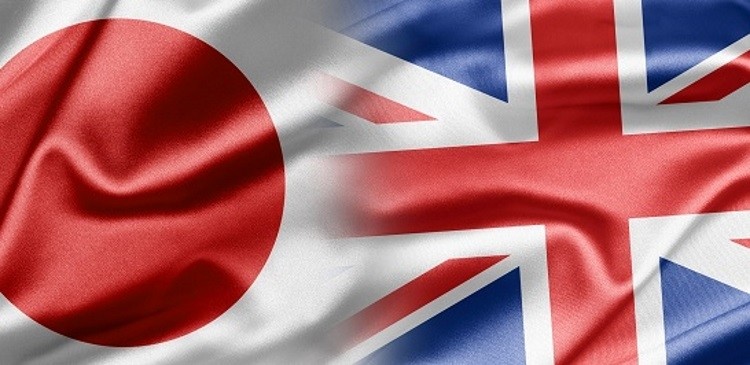
Japanese Foreign Minister Toshimitsu Motegi will visit Britain this week for what he said will be difficult talks with British Trade Minister Liz Truss. They are hoping to conclude a post-Brexit trade deal before Britain’s transition out of the European Union concludes at the year end, to avoid any gaps in bilateral trade arrangements. Trade talks between the UK and Japan have suffered a huge blow and missed their July 31 deadline, with both sides at loggerheads over several outstanding points crucial to any treaty being agreed. Hopes have faded of the UK doing a deal with the US this year while the 'working assumption' within the Government is said to be that talks with the EU will fail.
Spain registered in July its first drop in jobless claims since February as more businesses began to reopen their doors after months of coronavirus lockdown, data from the Labour Ministry showed on Tuesday. The number of people in Spain registering as jobless fell by 2.33% in July from a month earlier, or by 89,849 people, marking the biggest July drop since 1997. Unemployment fell across all sectors apart from agriculture which saw a 5.9% rise due to the end of fruit-picking seasons. Two thirds of furloughed workers have now left the program.
Top Democrats in Congress and White House negotiators said they had made headway in talks on the latest coronavirus relief bill, though an expired $600-per-week unemployment benefit remains a sticking point. It is not clear whether an agreement would be enough to shift the market perception that the US economic recovery lagged those of Europe and Asia. A better-than-expected expansion in the Institute for Supply Management’s US manufacturing index was a bright spot for the dollar overnight. The United States had a second straight week of slowing infections last week, but a fourth week in a row of rising deaths.
A rebound in the US dollar faltered as political wrangling kept investors shy of the currency. After its worst month in a decade in July the greenback started August on a firm note as some investors trimmed their short positions, pushing the currency as high as $1.1777 per euro, 1.8% above last week’s two-year low. The Aussie edged ahead to $0.7131 after the central bank offered no surprises by holding policy steady. The Japanese yen was stable at 106.04 per dollar while the pound hung on to most of July's gains on the greenback at $1.3051. The New Zealand dollar was flat at 66 pence. Elevated Sino-US tension kept the yuan below 7-per-dollar at 6.988.



